
Respiratory Syncytial Virus causes a viral infection in the lungs and the respiratory tract of a child and adult both. This virus-caused illness is pronounced as “sin-SISH-ul,” which can be as mild as a cold. But if it reaches severity hospitalization is needed. The children who were born premature or have a weak immune system may face serious cases.
Some facts about the virus
Some key points of respiratory syncytial virus are mentioned below
- By the age of around 2 years, most of the children experience this virus.
- This virus spreads through indirect and direct contact with secretions from infected people.
- The virus has a lifespan of several hours on the hard surface such as toys and table tops.
- It usually takes 1 to 2 weeks for full recovery.
- Relieving the symptoms is the main treatment.
Symptoms
After 4 to 6 days of exposure to the virus, the symptoms can be noticed. Both in children and adults this virus shows cold-like symptoms, which include
- Low grade fever
- Dry cough
- Sore throat
- Runny or congested nose
- Mild headache
In severe cases this virus infection can spread to the lower respiratory tract and causes pneumonia or bronchitis. In this cases the symptoms are
- Severe cough
- Fever
- Wheezing, you will notice a high pitched breathing sound at the time of breathing our or exhaling.
- Difficulty in breathing or rapid breathing, so your child may prefer to sit rather than lying down.
- Due to the lack of oxygen the skin develops a bluish colour (cyanosis)
Infants are the ones who are severely affected by the RSV. with each breath you may notice that your baby’s chest muscles are pulling inward, because she is struggling to breathe. The symptoms of RSV in infants are
- Poor feeding
- Cough
- Shallow, short and rapid breathing
- Irritability
- Lethargy or unusual tiredness
Causes
Through the nose, eyes or mouth, the respiratory syncytial virus enters the human body. Through the infectory droplets or air it spreads easily. In case anyone infected with the virus coughs or sneezes near your child, she can get infected by the virus. Direct contact such as shaking hands also spreads the virus.
Prevention
There is no vaccine for respiratory syncytial virus. However it can be prevented by using our common-sense precautions, such as
- Make sure that your children are washing their hands whenever they come from outside and before eating. Teach them about the importance of hand washing and make it a habit.
- Do not share drinking glass with any sick person.
- Make sure that any person with old or fever keeps a nominal distance from your baby. Pay extra attention in case your baby is premature and during the first 2 months after birth.
- There is a higher risk of getting RSV if your child is exposed to tobacco smoke. Avoid smoking in a car or in the house.
- Whenever your child or her playmate fall sick do not forget to wash her toys on a jaguar basis.
So, as you know a little more about the respiratory syncytial virus it will help you to keep your baby safer. If you notice any of the symptoms in your child consult with a specialist doctor immidiately. You have to be more careful and attentive if your baby is premature or below the age of 2 months.





















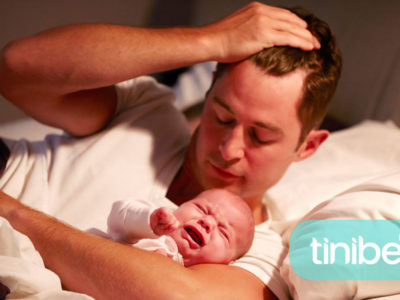






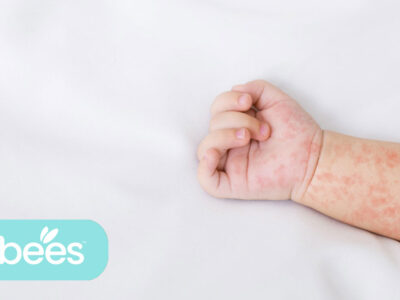






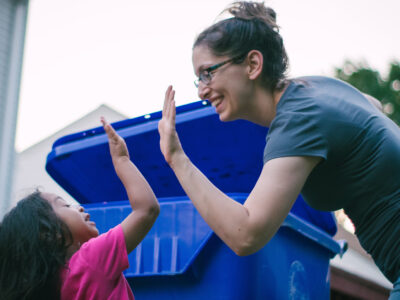





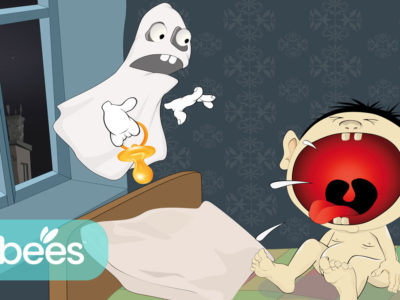

















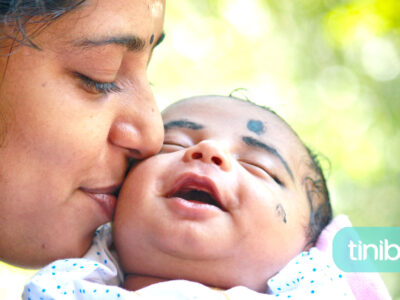
























 Welcome to Tinibees!
Welcome to Tinibees!  Tinibees Santa’s Magic
Tinibees Santa’s Magic  Travel Tips with Kids & Tinibees
Travel Tips with Kids & Tinibees  Make Your Baby’s First New Year Special
Make Your Baby’s First New Year Special  Special things to Know About a Capricorn Baby
Special things to Know About a Capricorn Baby
Recent Comments